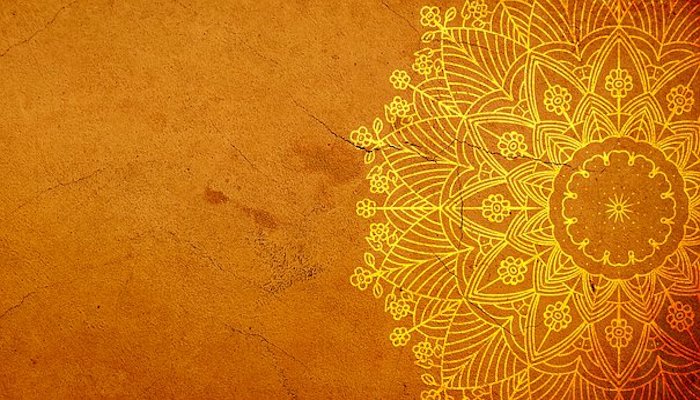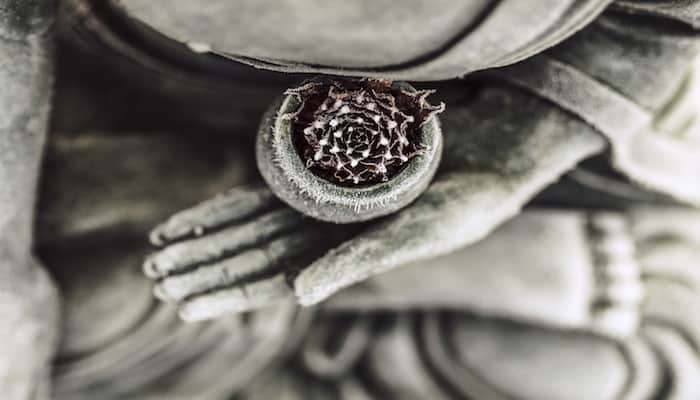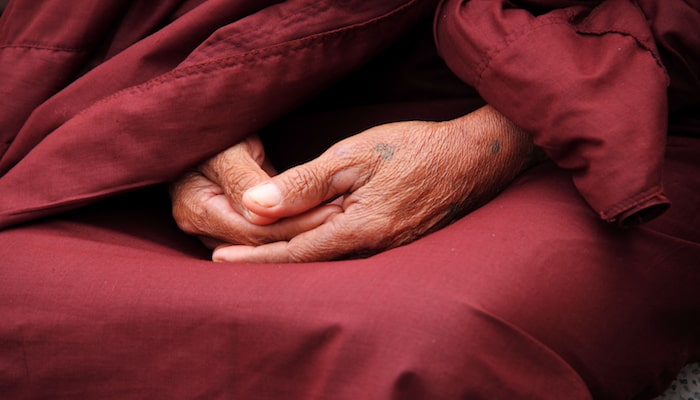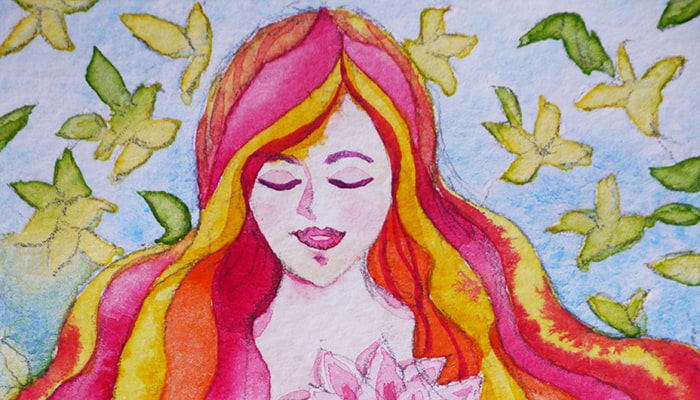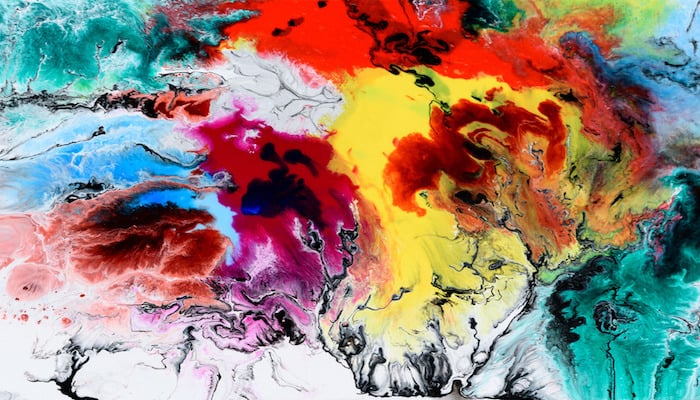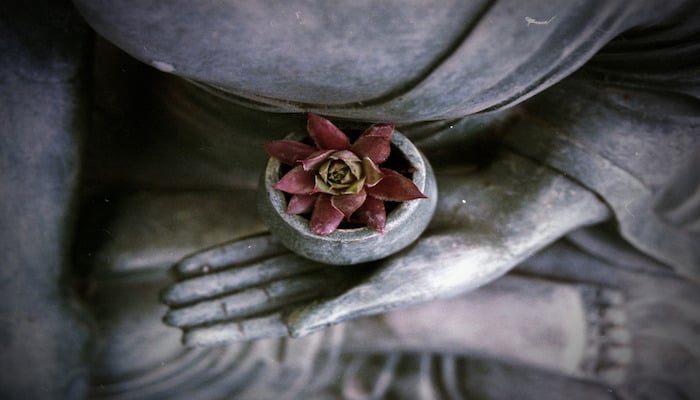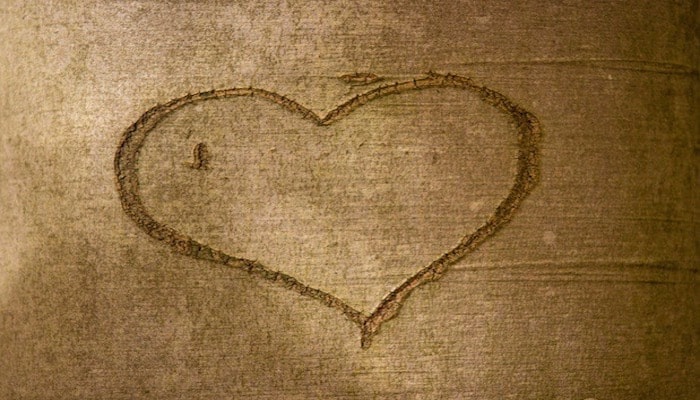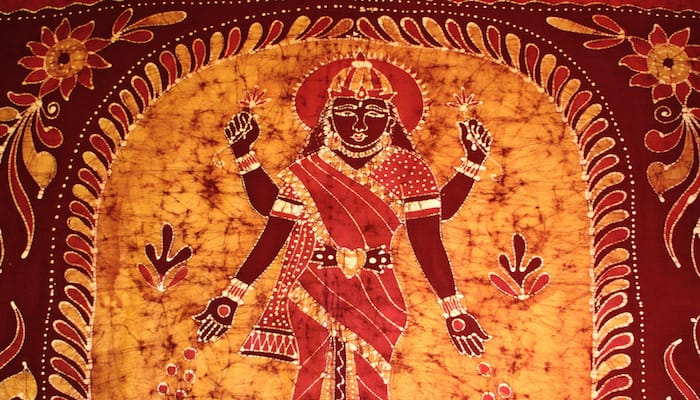Category: Blog
Blog: Compassion, the US Open, and a Blueprint for Saving the World
By Laura Chandler
Something remarkable happened at the US Open this year when Naomi Osaka (currently ranked #1 in the world in women’s tennis) defeated 15-year-old tennis sensation, Coco Gauff in the third round. Naomi consoled a crying Coco on the sidelines. She told her it was alright to cry, then invited her to stay and join her for the post-match on court interview where she praised Coco for her talent. This display of sportsmanship was not only kind; it illustrated something even more significant about human nature and our ability to be strong and compassionate, simultaneously.
Blog: Overcoming Denial: Part 3
By Denise Colby
It goes without saying that what makes doubt and denial so good at keeping you shackled is that you don’t know what you don’t know. If you can’t see it, how on earth do you begin to heal? There are many ways that truth begins to surface within us, but this is one of the places where a consciousness practice can be quite helpful. In the first part of this article, we discuss some of the ways in which we become aware that things are not as they seem and all is not well. This section addresses what to do once you have made the commitment to move into the light and live in truth.
Blog: Overcoming Denial: Part 2
By Denise Colby
If we have been in deep denial about some aspect of our experience, the revelation of truth will at first be a painful one. Truth will make its entrance in ways that will seem quite disturbing—intrusive thoughts, nightmares, innocuous interactions producing strong emotions, or a general feeling that one is “not OK.” It is at this juncture that we come to a choice: we can stay in denial and find external reasons to justify our internal experience, numbing and modulating using whatever coping mechanisms we have, or we can claim our internal experience as something uniquely personal and get very curious about it.
There are many roads out of denial, but at some point we will have to choose to validate what our body and reactivity is saying over the story we’ve been telling ourselves. This breaking down of an old story — the acknowledgement that we’ve been telling ourselves a false story our whole lives — provides the crack where the light of truth can finally break through to our awareness.
Blog: Overcoming Denial: Part 1
By Denise Colby
Of all of the defense tactics and cycles of negativity that we get wrapped up in during our human experience, denial is perhaps the hardest to overcome. It’s insidious and manipulative, yet we cling to it fiercely.
We see denial everywhere we look. It is as rampant on the public and cultural scale as it is in our relationships. The external stage, as always, provides a mirror for our own inner relationship to truth. To live in truth, we must examine further the sources, motivations for, and consequences of denial on the inner stage, for it is only through the resolution of our own rejection of truth that we can begin to clearly see and resolve the external falsehoods that abound.
Blog: Aging Gracefully In A Youth Culture
By Laura Chandler
In a recent article in The Atlantic titled, “Your Professional Decline is Coming (Much) Sooner Than You Think” (July 2019), the author, Arthur Brooks, looks for a silver lining as he explores the idea of his own unavoidable decline and the loss of relevance he will suffer in old age. His investigation takes him to different psychological principles, Darwin’s theory of evolution, happiness studies, and ultimately to an Indian guru, Acharya. His question to this master was this: “Many people of achievement suffer as they age, because they lose their abilities, gained over many years of hard work. Is this suffering inescapable, like a cosmic joke on the proud? Or is there a loophole somewhere—a way around the suffering?”
Blog: Personal Responsibility: An Interview with Isa Gucciardi, Ph.D.
Question: How would you define personal responsibility?
Isa: Personal responsibility is a process of becoming more self-aware, understanding your motivations, your intentions, and the effect your actions and thoughts have on you and those around you. It involves a willingness to contemplate the consequences of your emotional responses, and the ability to recognize when those expressions are harmful and when they are beneficial.
Blog: Huna: Aka-Mana Patterns
By Isa Gucciardi, Ph.D.
The idea of Aka and Mana is drawn from Huna, a tradition of knowledge that has been stored in Hawaii for the last thousand years or so. According to its oral history, it was brought to Hawaii for conservation in times of darkness. You can trace the progression of Huna from northern Africa all the way to India and throughout Melanesia. This system of knowledge has become incorporated into certain native practices of Hawaiian Shamanism.
Blog: The Great Feminine: An Excerpt from Return to the Great Mother
By Isa Gucciardi, Ph.D.
The concept of a Great Feminine principle is common to many cultural and religious traditions. The icon of the Great Feminine is viewed in these traditions as the generator and caretaker of life. The images of the Great Feminine vary from tradition to tradition, but the values and qualities of these images are surprisingly consistent. Whatever her form, she is always considered a protector and guardian of life.
Blog: Boundaries: A Case Study
By Isa Gucciardi, Ph.D.
When people come into my office with relationship problems, they do not always realize they’re dealing with boundary issues. Many people think if they’re being treated badly in relationship, they must be doing something wrong. This is generally due to a lack of understanding about boundaries, and this lack of understanding usually stems from a place of unworthiness. The person being mistreated believes they’re flawed in some way, and makes compromises to stay in relationships where they are suffering. Boundary issues almost always arise when a person doesn’t feel lovable, and consequently, they’re willing to do almost anything to get another person’s approval. Because they don’t love themselves, they are dependent on others to be sources of love and validation.
Buddhist Meditation in Depth Hypnosis
By Isa Gucciardi, Ph.D.
Depth Hypnosis is a therapeutic process that blends elements of Shamanism, Buddhism, transpersonal psychology, hypnotherapy, and energy medicine. Buddhism is one of the main engines of Depth Hypnosis, and meditation is one of many tools we use to help clients alter their state of consciousness. Meditation enables clients to shift their focus from their “thinking minds” to their inner experience.
Blog: Ask Isa: Manifesting Vs. Magical Thinking
Question: I believe in manifesting, but sometimes I worry that my thinking is “magical.” What’s the difference between manifesting what you want in life and magical thinking?
Isa: Manifestation is the process of moving into the unknown. To manifest properly, you have to be clear about what you want to manifest and why. Having a clear intention focuses your awareness, creating more possibilities for manifesting what you want.
Blog: Listening to Grief
By Isa Gucciardi, Ph.D.
Grief is an uncompromising teacher, but it can take you to depths within yourself and teach you things nothing else can. It is only when we sit down with grief and receive what it has to offer us that healing can begin.
One of the greatest teachings grief has to show us is that the world is not what we thought. This is important because we all have misconceptions about the nature of reality and about our agency in the world. It is common to become deluded about what is real and what is not real. Often people think they can avoid or control pain in an effort to generate a reality where it does not exist. In this way, delusion is the basis for suffering. It takes strong medicine to break through delusion, and grief offers this medicine by providing the opportunity to unravel our misconceptions about the nature of reality.
Blog: Engaged Listening on the Path to Coming to Peace
By Isa Gucciardi, Ph.D.
There truly is a wellspring of peace within each of us. To reach it, we must look in the most surprising place: right in the heart of conflict. When we examine our conflicts with others, a light shines on all the places where we have moved away from this wellspring. Conflict— and the path we must embark on to resolve it— serves as a beacon guiding us back to our inner peacefulness. To get there, we must first learn to recognize the kind of “light” or awareness that our conflicts with others are offering us.
Blog: Ask Isa: Finding Meaning in Divorce
By Isa Gucciardi, Ph.D.
Question: I just got divorced and it’s brought up a lot of shame for me. I feel like I failed in my marriage. How do I deal with the shame?
Isa: Whenever you have shame, you have blame. It sounds like there might be an internal conflict going on, where one part of you is blaming you and one part of you is receiving the messages of blame and feeling ashamed. I would recommend sitting down and exploring the part of yourself that is making you feel ashamed.
One way to do this is to think about all of the expectations you had going into the marriage. Consider the expectations you had of yourself, the expectations you had of the other person, and the expectations you had of the marriage itself and what you hoped it was going to do for you. For instance, if you got married because you wanted to feel validated by your family, ask yourself why you didn’t feel validated before you were married. You have to honestly examine your motivations for entering the marriage to discover what is behind these expectations. As you become clear about what your expectations were, you’re going to see how you respond when your expectations are not met.
Blog: Encountering the Great Mother in the Birth Environment
By Isa Gucciardi, Ph.D.
To understand the essence of the Great Mother, it is helpful to look to the earth. From the moment we are born until the moment we die, we are held in the earth’s embrace, and it has many valuable lessons to offer us about motherhood. The earth is abundant, nurturing, unyielding, and adapting. The Great Mother is the embodiment of these qualities, offering us tremendous teachings about the mutuality of experience in the natural world.
You can find the power of the Great Mother expressed in the many mother goddesses appearing in different cultures around the world — Pachamama in the Andes, Tara in the Himalayas, Quan Yin in China, Isis in ancient Egypt, and Hera, Thera and Athena in Greece and Rome. There is a widespread understanding among different cultures about the importance and necessity of being in alignment with the power of the Great Mother, not only to bring forth life but also to nurture life in a way that is beneficial for everyone.
Despite a lack of understanding about mothering and matriarchal priorities in the west, the power of the Great Mother is accessible to women in the modern time. By connecting with this power, women can sustain themselves no matter what is happening in their birth process. Women can use their connection with this power to receive guidance and to understand the deeper meaning of their experience.



